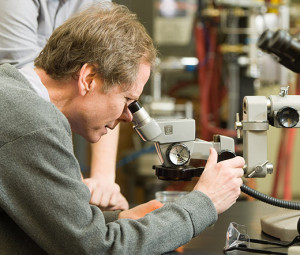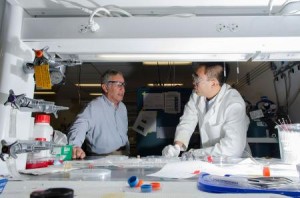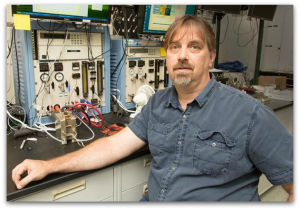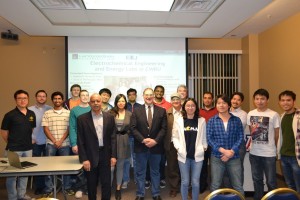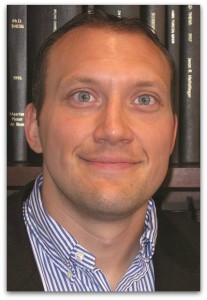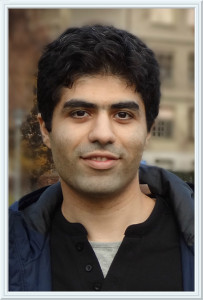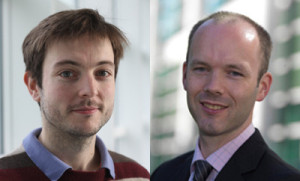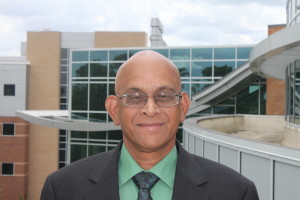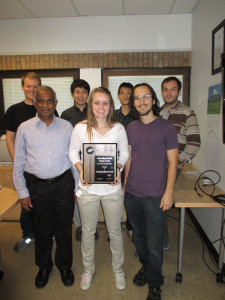
The 2014 Outstanding Student Chapter Award Plaque with Prof. Arumugam Manthiram (front left) with UT-Austin Student Chapter President (Josephine Cunningham, front middle) and Vice-President (Donald Robinson, front right) and student members Matthew West, Daeil Yoon, Ke-Yu Lai, and Benjamin Weaver (back left to right).
Submission deadline is March 31st for the ECS Outstanding Student Chapter Award.
Up to three winners will be selected. One Outstanding Student Chapter will be selected with the winner receiving $1,000, and recognition with a plaque and chapter group photo in Interface. One or two additional Student Chapters may be selected as runners-up, and designated as Chapters of Excellence. Find out more.
The 2014 ECS Outstanding Student Chapter Award recipient was The University of Texas at Austin. Founded in 2007, The University of Texas at Austin Student Chapter has provided an interdisciplinary forum for students from different branches of the physical sciences and engineering to meet and discuss emerging ideas about electrochemistry and solid state sciences.
Led by faculty advisor Arumugam Manthiram and Chapter President Josephine Cunningham, the UT Austin Student Chapter has worked on improving the lives of the students and community in the Austin, TX area through outreach programs and organized seminars.


